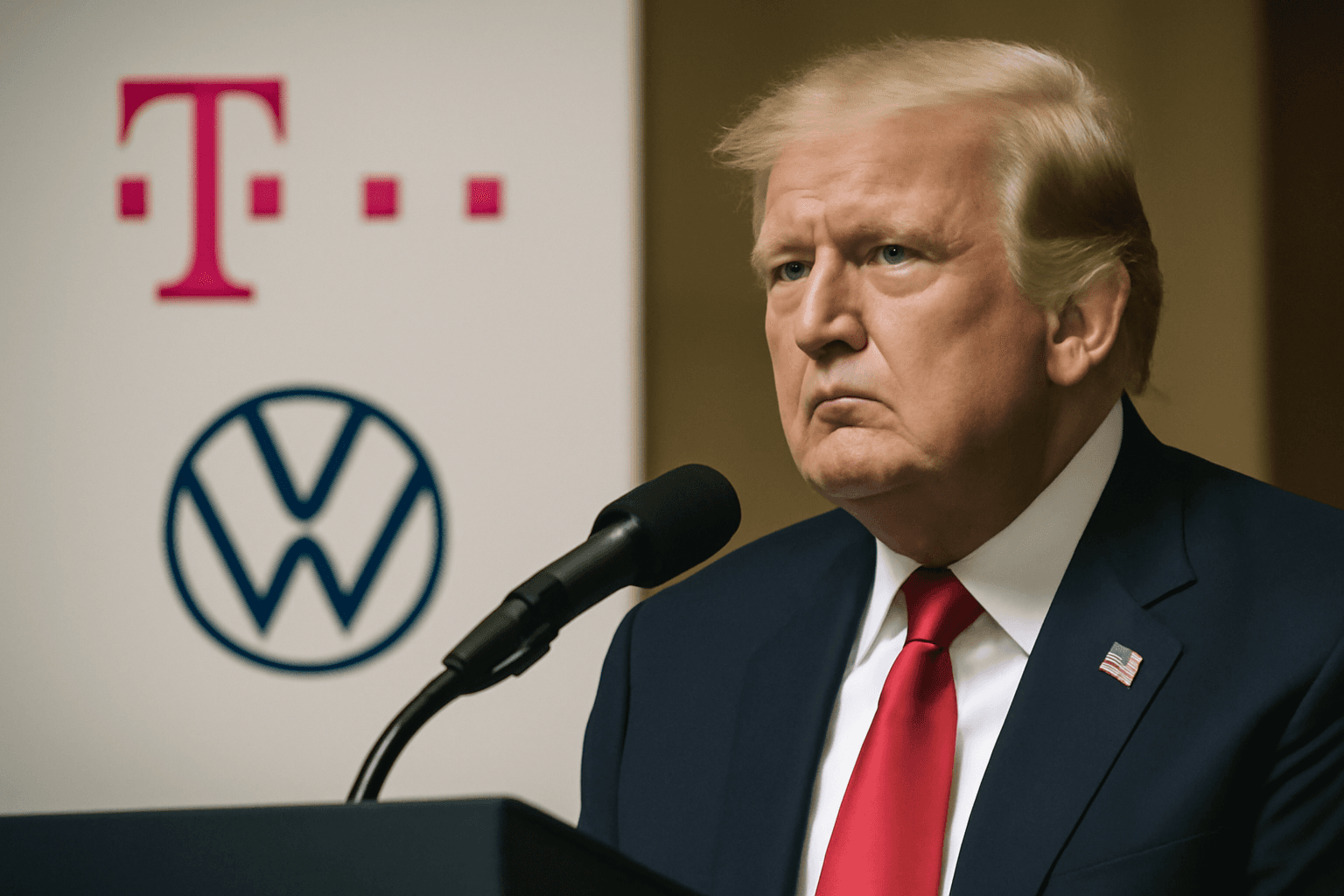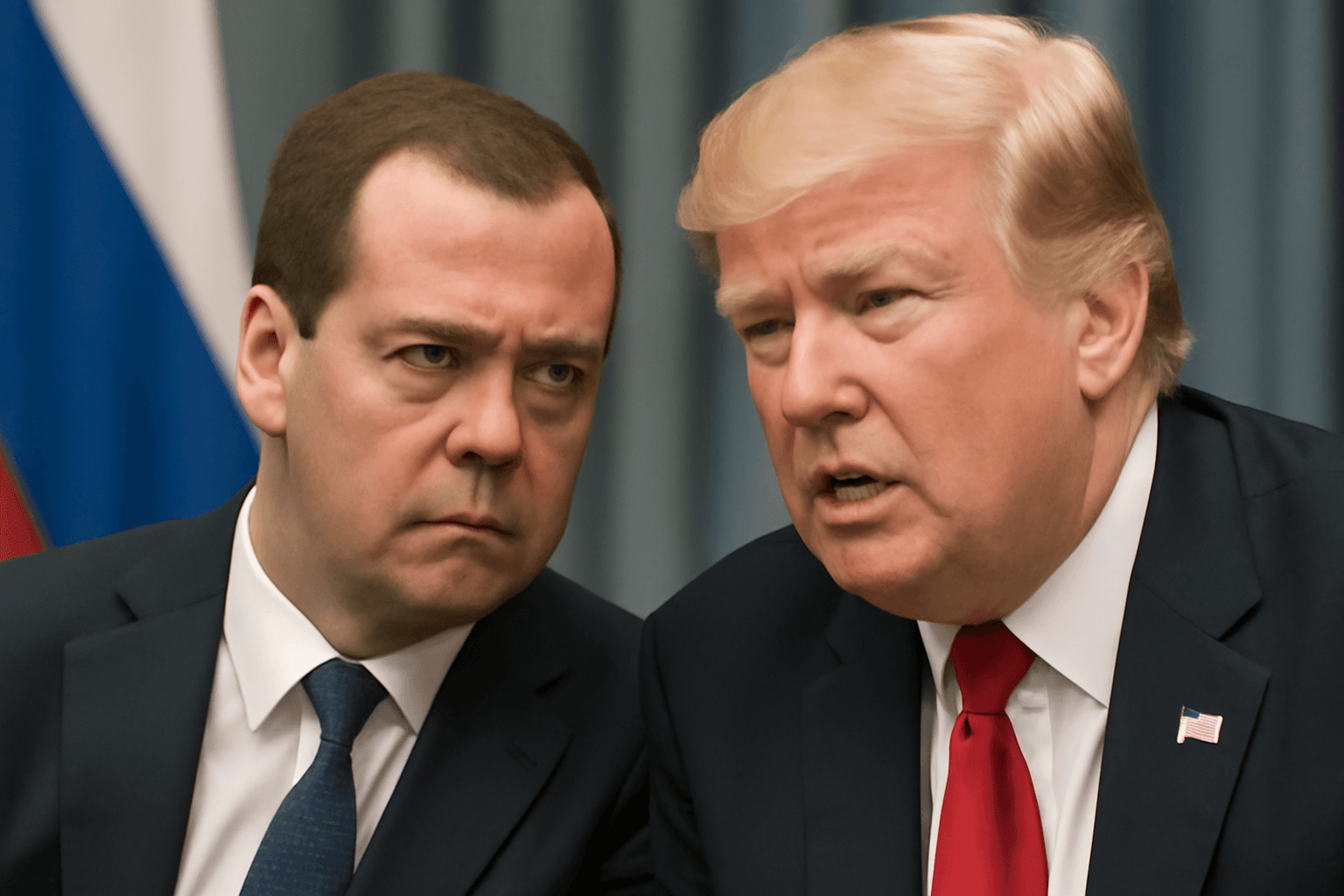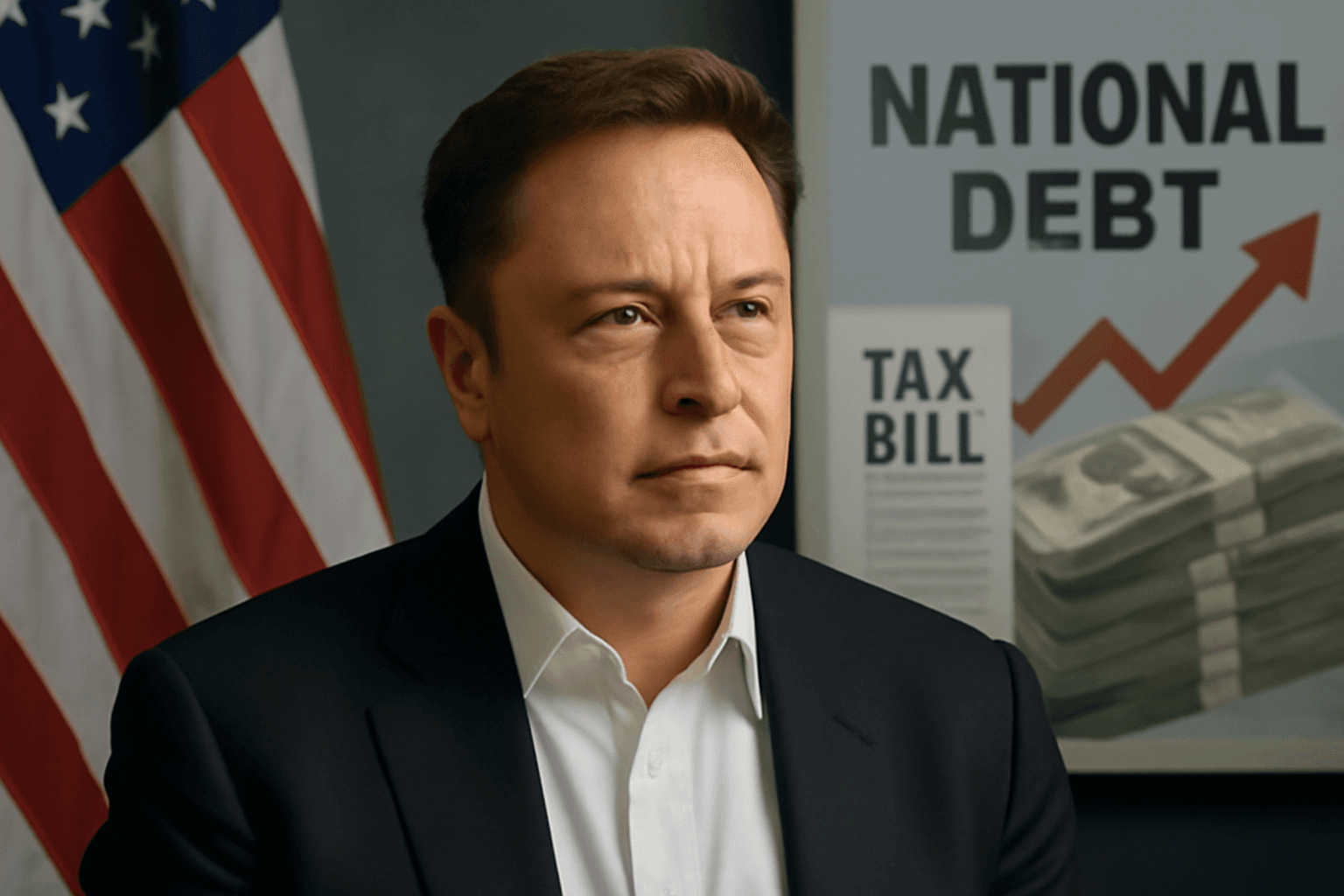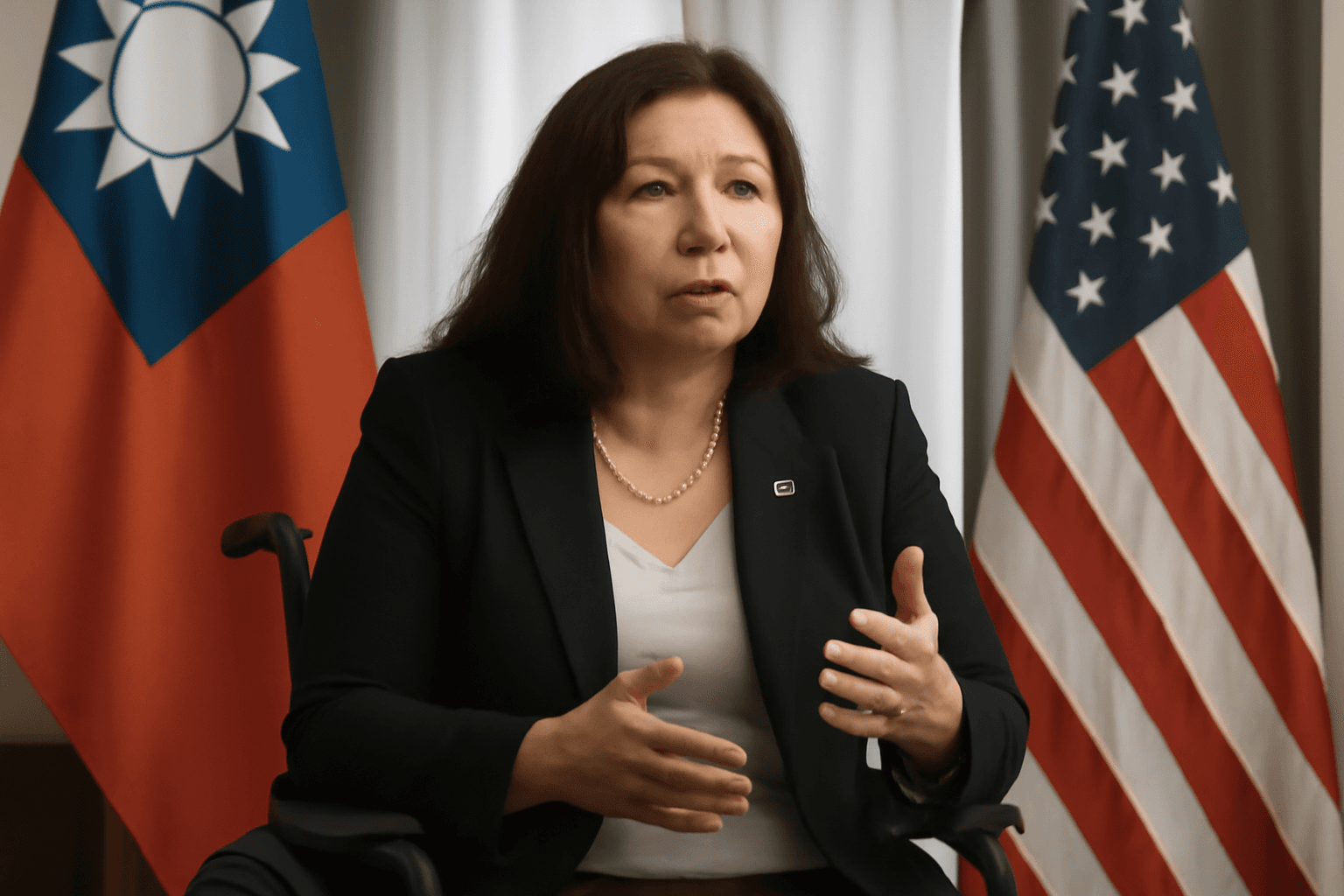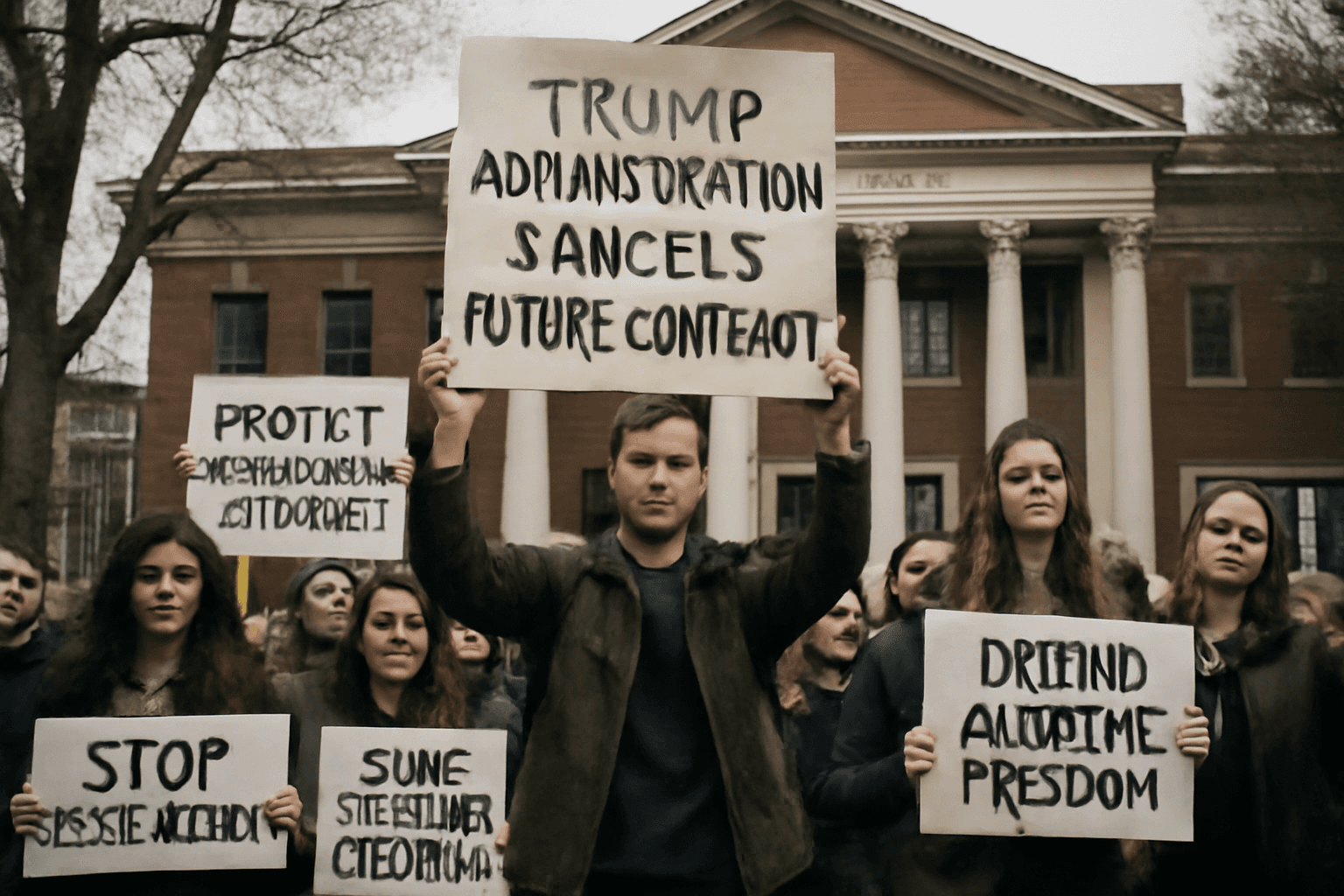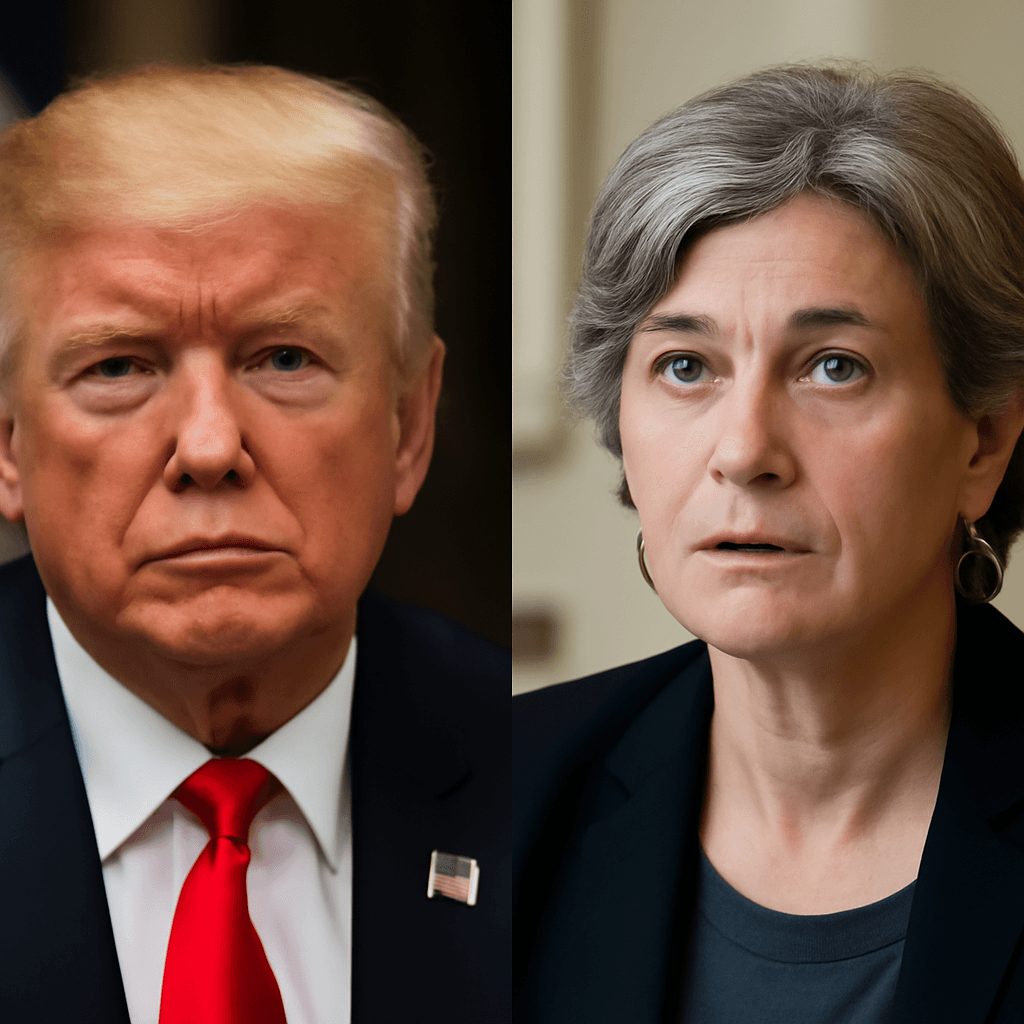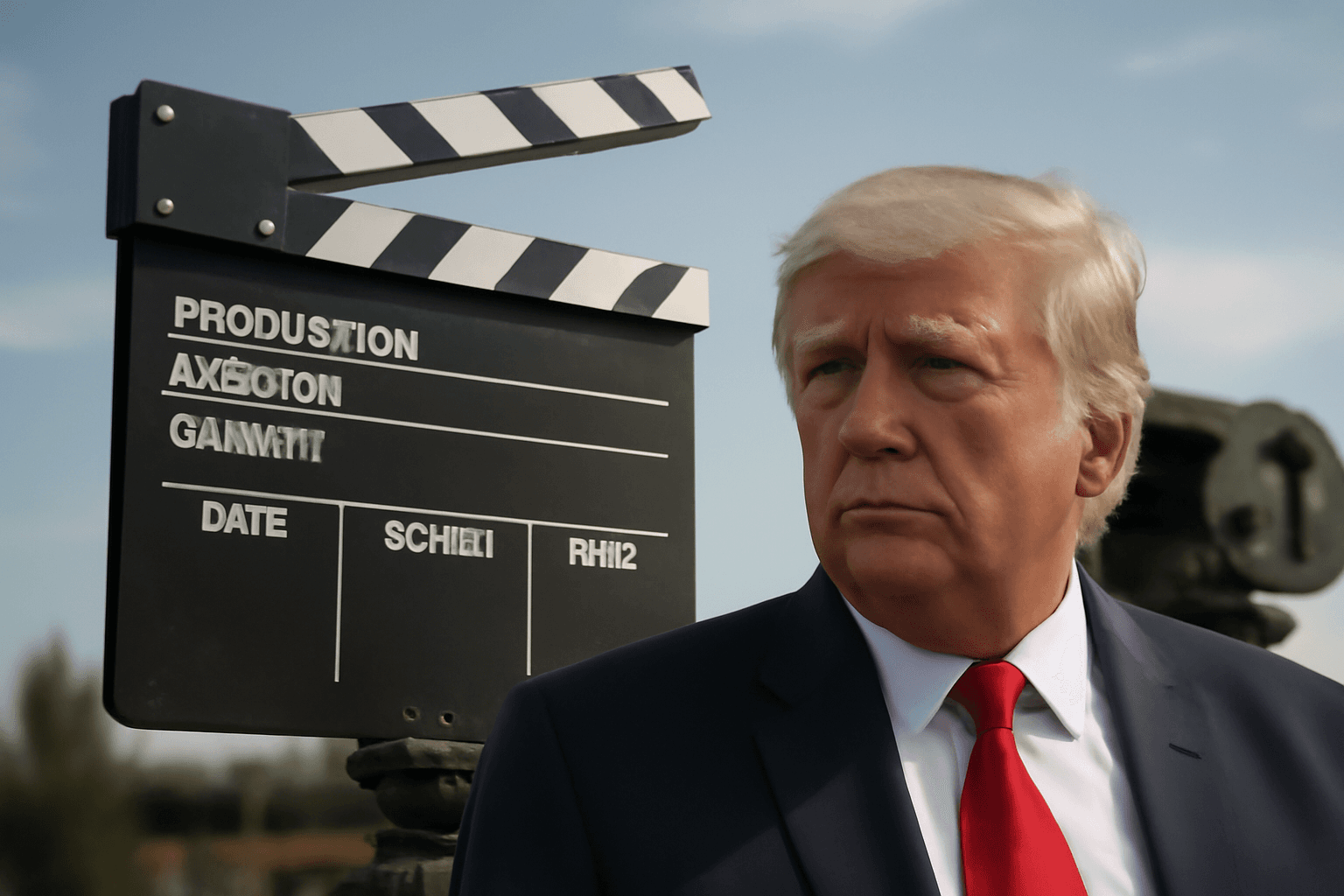Several major US corporations, including Meta, Alphabet, Ford, and Starbucks, have recently scaled back their diversity, equity, and inclusion (DEI) programs following political pressures and fears of discrimination lawsuits amid former President Donald Trump's anti-woke stance. This trend has also influenced European companies, particularly German firms operating in the US, some of which are reconsidering or modifying their DEI policies.
In Germany, automotive giant Volkswagen and telecom leader Deutsche Telekom have announced plans to reduce or terminate their diversity initiatives within the US. Meanwhile, software company SAP has abandoned gender quotas domestically. Despite these developments, many German companies remain firmly committed to diversity goals. A survey by Germany's Charta der Vielfalt, a major employer initiative promoting DEI, revealed that approximately 90% of the 100 companies polled planned to maintain their DEI efforts unchanged. The initiative’s managing director, Cawa Younosi, highlighted an increase in companies showing interest, signifying a resilient 'now more than ever' approach across the German corporate landscape.
Notable German firms such as BMW, Henkel, and Siemens continue to monitor the landscape closely, with Siemens affirming no immediate changes to its inclusion efforts. Other companies like UK-based cosmetics retailer Lush take a defiant stance, emphasizing DEI as central to their corporate identity.
In the US, despite backlash, several corporations including Apple, Microsoft, and Costco Wholesale publicly reaffirm support for diverse and inclusive workplace cultures. Younosi noted that about 75% of US companies have not altered their diversity commitments. However, larger corporations have significantly downplayed the DEI terminology, substituting it with more neutral language focusing on inclusion and belonging, as reported by the Financial Times.
Former President Trump criticized DEI as discriminatory against certain demographics and took executive actions to curtail such programs at federal institutions and in the private sector. This policy shift has generated apprehension among foreign enterprises concerned about jeopardizing US government contracts or regulatory approvals, evidenced by Deutsche Telekom’s swift changes prior to the approval of T-Mobile US’s acquisition of Lumos.
Questions remain on the effectiveness of DEI without explicit programs. SAP’s CEO Christian Klein acknowledged ongoing commitments to diversity despite abandoning quotas, stressing actions over quotas. Experts caution that without structured initiatives, historical inequities in race and gender representation are unlikely to resolve organically. Germany faces similar challenges regarding workplace inclusion for disabled employees, despite legal mandates.
Industry observers, including author Michelle Jolivet, suggest that many companies are rebranding or reorganizing DEI efforts to navigate legal and political pressures rather than eliminating them. Consulting partner Michael Eger noted that core corporate attitudes tend to persist despite changes in communication. Moreover, sectors impacted by labor shortages continue to innovate inclusion efforts to attract diverse talent pools.
Overall, while Trump’s anti-woke push has introduced disruptions and prompted some retrenchments, especially among large corporations, a significant portion of German and US companies maintain robust commitments to diversity, signaling ongoing evolution rather than termination of DEI initiatives in the corporate realm.

